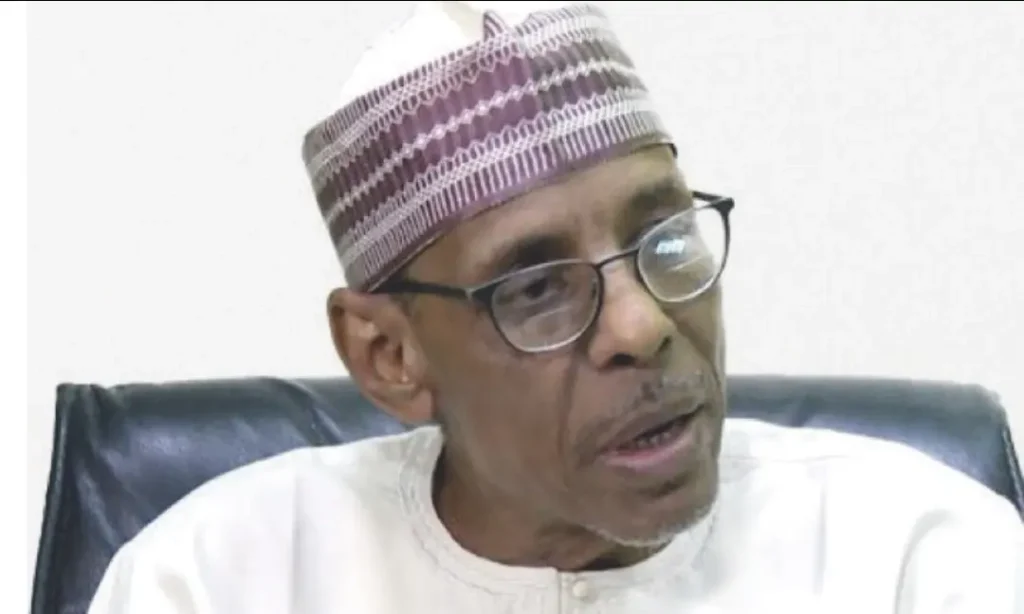A robust debate over the abolition of the death penalty in Zimbabwe has ignited passionate discussions across the nation. With divergent opinions from both lay citizens and experts, the topic has become an emotive space of contention, sparking discourse on human rights and the sanctity of life. The move to eradicate the death penalty from the country’s statutes reflects a significant shift towards aligning with global human rights standards, following extensive nationwide consultations.
The recently gazetted Death Penalty Bill, set for parliamentary debate, aims to replace capital punishment with a maximum sentence of life imprisonment. This initiative follows an effective moratorium on executions for over 18 years and proposes the re-sentencing of all current death row inmates, drawing sharp and conflicting views from various quarters of society.
Veteran lawyer Mr. Muchadeyi Masunda endorses the need for re-sentencing while emphasizing the importance of differentiating between recently condemned criminals and those who have languished on death row for over two decades. His perspective aligns with President Mnangagwa’s long-standing abolitionist stance on the issue.
The Church, represented by Bishop Erick Ruwona, emphasizes the sacredness of life, opposing capital punishment and advocating for severe but alternative forms of punishment for serious crimes. While Zimbabwe has retained capital punishment in its criminal law, there has been a notable absence of executions since 2005, signaling a de facto abolitionist stance.
Social analyst Dr. Geoffrey Chada argues that the death penalty does not serve as a deterrent to heinous crimes and proposes a more humane approach of isolating offenders through life imprisonment, providing opportunities for rehabilitation and spiritual guidance within correctional facilities.
However, legal expert Mr. Kudzai Rangarirai raises concerns about potential repercussions of abolishing the death penalty, citing high murder rates in countries that have implemented such measures. He underscores the role of the death penalty as a deterrent and a symbol of society’s unwavering stance against murder, cautioning against overlooking its implications.
Meanwhile, communal farmer Mr. Edison Chikuruva perceives the abolition of the death penalty as a weakening of the values and sanctity of victims’ lives, highlighting its role in deterring future crimes and ensuring justice for victims.
As Zimbabwe grapples with the decision to abolish the death penalty, the nation is at a crossroads, balancing moral, legal, and practical considerations. The ongoing discourse reflects the complexities and deep-rooted convictions surrounding this contentious issue, evoking profound introspection and dialogue on the fundamental principles of justice, human rights, and the societal responsibility to prevent heinous crimes.
While Zimbabwe ratified the International Covenant on Civil and Political Rights (ICCPR) in 1991, the nation is yet to make a decisive move on the abolition of the death penalty, underscoring the significance and urgency of the current deliberations.
Zimbabwe Considers Abolishing the Death Penalty: A Bold Step for Human Rights
Zimbabwe, a country with a tumultuous history, is now at a crossroads regarding a highly debated issue – the death penalty. The discussion is fueled by the proposed abolition of capital punishment in the Second Optional Protocol to the International Covenant on Civil and Political Rights (ICCPR-OP2). This move is based on a United Nations resolution dating back to 1971, emphasizing the need to restrict the application of the death penalty to a limited number of offenses, ultimately aiming for its complete eradication to ensure the right to life, a fundamental principle enshrined in the Universal Declaration of Human Rights.
Advocates for this progressive shift, including prominent figures like Mr. Masunda, argue that Zimbabwe should draw inspiration from neighboring South Africa. They point to South Africa’s transformative decision in 1995, during President Nelson Mandela’s tenure, when the Constitutional Court outlawed the death penalty. The court deemed capital punishment not only incompatible with human rights but also a violation of the prohibition against cruel, inhumane, or degrading treatment. This historic decision resonates as a beacon of hope for countries contemplating similar reforms.
In 2013, Zimbabwe’s Constitution made a significant stride by safeguarding the right to life. The document allows limited circumstances in which the death penalty may be imposed for aggravated murder, subject to parliamentary discretion. This provision marked a departure from the previous mandatory death sentence for murder, empowering Parliament to shape the legislation without necessitating a constitutional amendment.
Furthermore, the proposed bill seeks to reaffirm Parliament’s discretionary power by preventing courts from imposing the death penalty, a prerogative already within the legislature’s authority. Thus, the bill does not demand a constitutional amendment but rather a reaffirmation of existing parliamentary authority.
Notably, the bill highlights the appellate process, granting prisoners the right to appeal, including to the President for potential clemency under section 112 of the Constitution. This underscores the comprehensive review and oversight embedded in the proposed legislation, reflecting a balanced and just approach.
The historical context of Zimbabwe’s stance on the death penalty is rooted in the nation’s independence, which saw the swift annulment or replacement of colonial laws with hanging clauses. Even the death penalty for certain ordinary crimes, though never enforced, was eliminated, leaving it applicable only to murder without extenuating circumstances. This conscientious approach reflects the nation’s cautious approach to the severity of capital punishment.
In practical terms, the process of implementing the death penalty demonstrated a discernible shift, as evidenced by an increasing number of Presidential clemency orders substituting death sentences with life imprisonment. This institutional practice has become routine, indicating a growing aversion to the actual implementation of capital punishment.
Should the bill come to fruition, Zimbabwe will align itself with the majority of nations that have chosen to abolish the death penalty. This decision encapsulates a significant human rights milestone for a nation grappling with its historical legacy and striving for progressive change on the global stage.
In conclusion, Zimbabwe stands at the precipice of a paradigm shift in its approach to justice and human rights. The proposed legislation to abolish the death penalty represents a watershed moment, signaling the nation’s commitment to upholding the fundamental right to life and embracing a more humane and equitable legal framework.



